Odisha, November 22, 2025: Epsilon Foundation, the CSR arm of Epsilon Carbon Private Limited, has launched an adolescent education and livelihood programme in partnership with Magic Bus India Foundation. The initiative aims to support over 2,500 adolescents, youth and women in Jharsuguda through skills training, academic support, and livelihood development.
The programme is designed as a Childhood-to-Livelihood model focusing on adolescents in government schools as well as youth and women from underserved and tribal communities. It will reach 2,000 adolescents aged 12–18 and 570 youth and women aged 18–45, with a commitment to ensure at least 50% participation by women.
Speaking about the partnership, Mr. Vikram Handa, MD, Epsilon Group, said, “At Epsilon, we believe that sustainable growth begins with empowering communities through education and skills. Our partnership with Magic Bus India Foundation reflects our commitment to creating long-term social impact in Jharsuguda. By helping adolescents, youth, and women build employability and entrepreneurial skills, we aim to strengthen local livelihoods and contribute to a more inclusive and self-reliant future.”
Jayant Rastogi, Global CEO, Magic Bus India Foundation, added, “Our partnership with Epsilon strengthens Magic Bus’s Childhood-to-Livelihood model by creating a continuum of support from school to work, ensuring that young people are prepared for employment and equipped to lead change in their communities. By investing in skills, aspirations, and livelihoods at the grassroots, we are also contributing to the vision of Viksit Bharat and the larger goal of nation building.”
For adolescents, the programme includes employability and green skills, foundational literacy and numeracy support, financial literacy, and academic assistance for Grades 9 and 10 through Community Learning Centres. It also offers structured career exposure and engagement with families and teachers.
For youth and women, Livelihood Resource Centres will provide job-readiness training, placement assistance, entrepreneurship development, and support for nano-enterprise creation.
The intervention is positioned as a response to local challenges such as school dropouts, limited women’s workforce participation, and rising NEET (Not in Education, Employment, or Training) risks in Jharsuguda. By supporting school retention, employability, and small business development, the programme aims to reduce distress migration and strengthen household and community resilience.
Aligned with NEP 2020 and NCF 2023, the initiative is designed to be scalable and evidence-based, with the potential to serve as a model for school-to-work transition and inclusive development in similar districts.




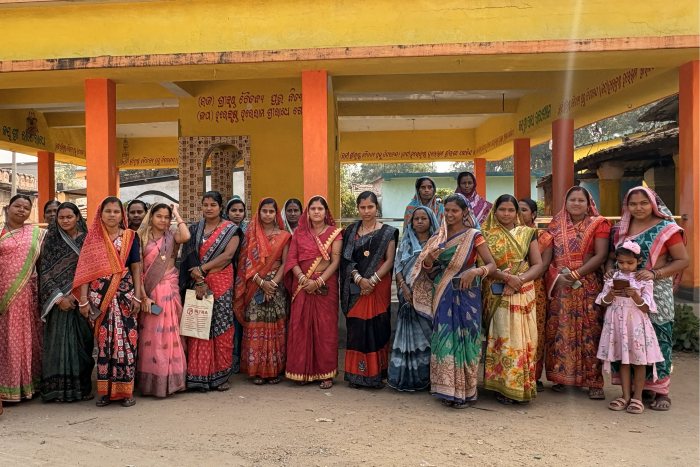

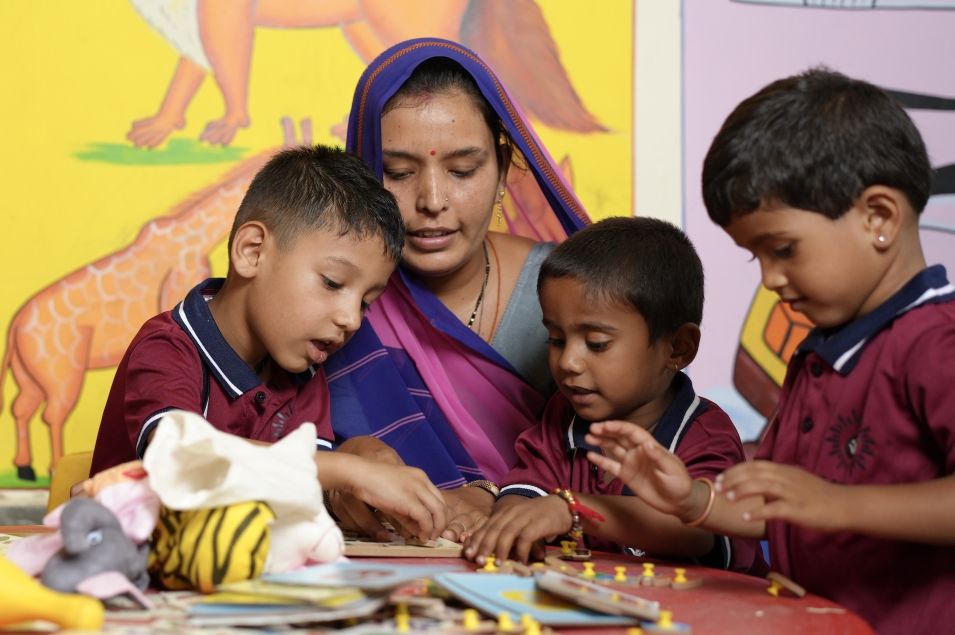
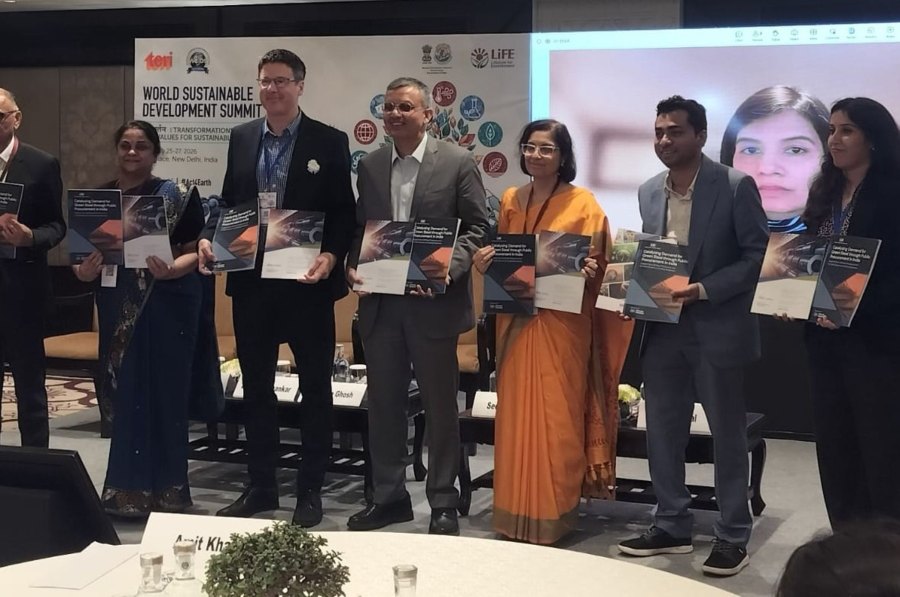
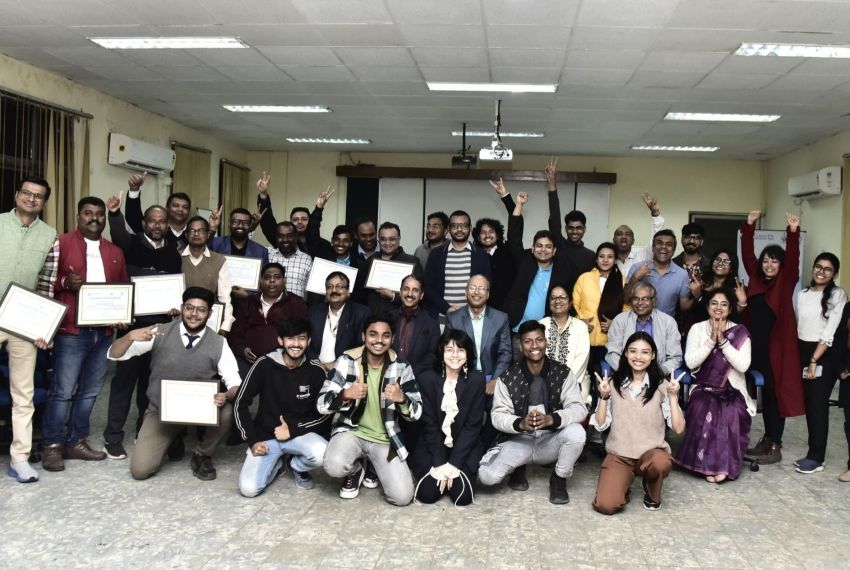
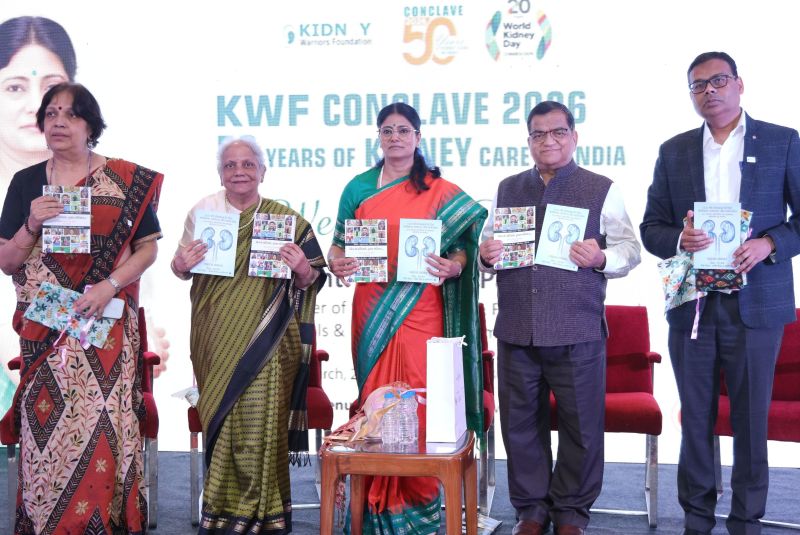
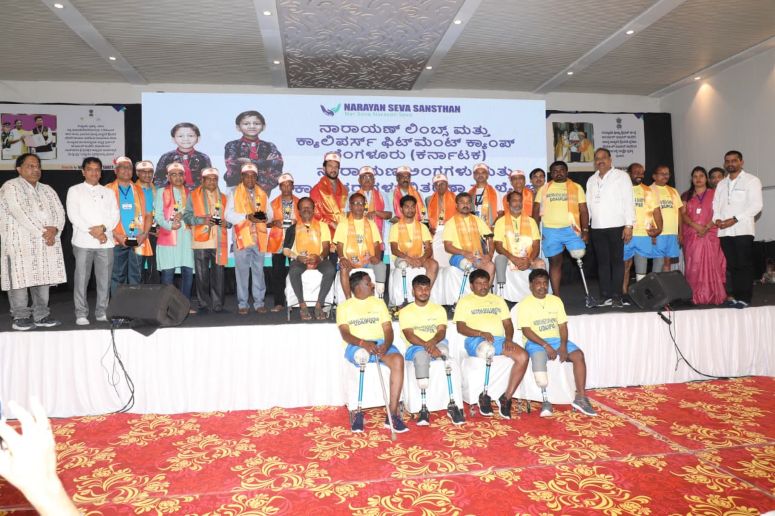

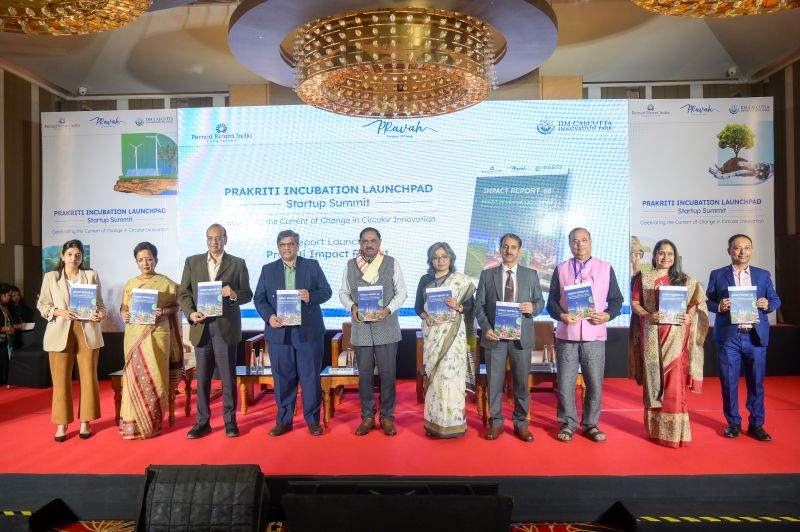
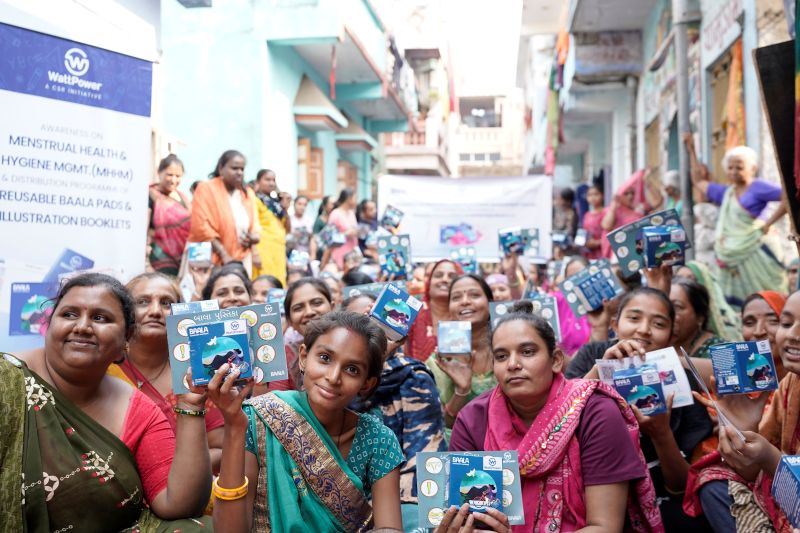
.jpg)








